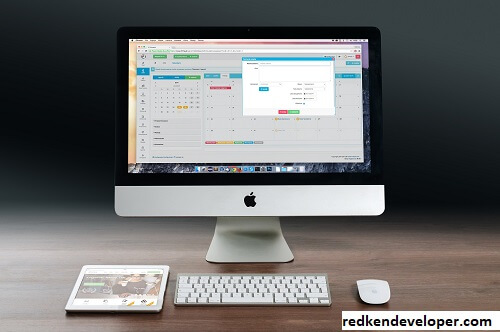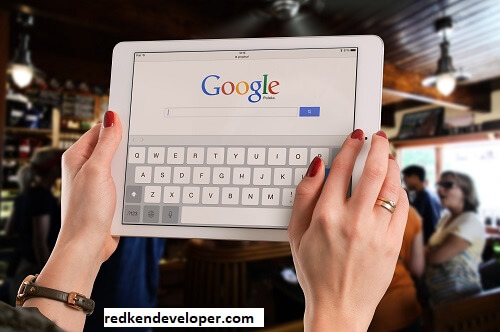Develop Crossword Clue:
The Art of Crossword Puzzles: Unlocking Clues and Their Development
Develop Crossword Clue puzzles that have interested minds for over a century, combining the fun of wordplay with the challenge of lateral thinking. Among the many faces of these puzzles, the most intriguing happens to be the development of clues. Develop Crossword Clue Crafting requires creativity, precision, and deep knowledge of the language. This is a blog post that delves into the art and science of developing crossword clues. Develop Crossword Clue gives insight into the process and types of clues, with tips for both solvers and constructors.

A Brief History of Crossword Puzzles:
Develop Crossword Clue:
But first of all, the history of the Develop Crossword Clue puzzle is a word to be known. The inventor of the first known crossword puzzle was Arthur Wynne, a journalist for New York World in 1913. At first, these puzzles were very simple with text explanations, but as they became popular, constructors began to get cleverer, and more complex clues were invented, leading eventually to the serious puzzles we enjoy today.
The Art of Crafting Clues:
Develop Crossword Clue:
The art of clue writing evolves with the Develop Crossword Clue puzzles. The early clues generally depended on straightforward definitions or synonyms, but after some time, constructors used as many techniques as possible – wordplay, puns, and references to pop culture, history, and literature. That made the puzzles more fascinating but obliged the solvers to think in a different dimension.
Crossword Clues:
Develop Crossword Clue:
Crossword clues therefore act as a linking bridge between the solver and the answer. Clues help players fill out the correct word with the aid of the given hints. The recognition of what clues do is important for both solvers and constructors.
Types of Clues:
These are clues that give straightforward definitions or synonyms of the answers. For example,
- Cryptic Clues: Extremely common in British crosswords. Usually involves wordplay and requires solving with veiled meanings in words for the answer. Sounds like a fruit – PEAR. PEAR sounds like a pair.
- Thematic Clues: Thematic clues refer to a theme of the puzzle. For example, for an ocean-themed puzzle, a clue may be “Giant sea creature (5 letters)” meaning “WHALE”.
- Abbreviations and Acronyms: Many clues use commonly used abbreviations or acronyms as the clue. For example, “U.S. President (3 letters)” could be “FDR” for Franklin D. Roosevelt.
- Homophones: Some clues depend on the play on sounds. For example, “Musical instrument (5 letters)” for “FLUTE,” reading it as “flewt.”
- Double Definitions: One clue may have two different meanings. For example, “Type of tree or a part of a book (5 letters)” could be either “CEDAR” (a type of tree) or “PAGE” (a part of a book).
The Creation of Clues:
Develop Crossword Clue:
It is a complex process for making a Develop Crossword Clue, in numerous steps. Here’s an inside look at the making process for the makers to get clues done:
Choosing the Answer: Usually, the first step of this process is to pick words or phrases to fit within the puzzle. Constructors begin with a list of words that they have chosen and remember the lengths and how the answers will intersect with other answers.
- Brainstorming clue ideas: Once the answers have been selected, constructors brainstorm possible clues. This might include a list of synonyms, associated concepts, and any wordplay that may apply. More often than not, this is the imaginative part since constructors are attempting to come up with an angle for all of these clues that nobody else has thought of.
- Testing Viable Clue: Not each clue will fit with the solver. There is sometimes an expectation that constructors will brainstorm ways a solver might read clues. At the testing stage, constructors ensure that their puzzle is fair and solvable.
- Refining and Editing: Since testing is completed, clusters clean up their clues to make them sound clearer and more precise. This is to word an expression in fewer words to remove ambiguity or create more substantial wordplay to make the puzzle more exciting.

- Final Read Through: Just before printing or publication, the entire puzzle, including clues is read over one last time. It catches any error or inconsistency and can be sure that the puzzle flows well.
Crossword Clue Solving Tips:
Develop Crossword Clue:
If you want to improve your crossword puzzle solving skills, these may be helpful tips.
1. Start with the Easy Clues:
Develop Crossword Clue:
Tackle the easy clues first. Fill in those answers for letters that might come in handy later in more difficult clues.
2. Be Alert to Patterns:
Crossword clues often follow a pattern or usual phrasing. Familiarize yourself with typical clue structures and common abbreviations, which often appear in crosswords.
3. Don’t Overanalyze:
Develop Crossword Clue:
Sometimes, the obvious answer is the right one. If the clue sounds like it is a straightforward one, use your instincts; if your first thought pops into your head, take it as the most likely answer.
4. Cross-Check:
If you become stuck on one clue, begin with the intersecting words. Often, letters within other answers that you already know will reveal others.
5. Practice Thoroughly:
The more you do it, as with any skill, the better you will be at crosswords. The more you do, the more familiar you will become with different types of clues and the more words you’ll learn.
Hints for Potential Crossword Constructors:
Develop Crossword Clue:
If you wish to be an actual crossword constructor, consider these things to get started:
1. Examine Standard Puzzles:
Develop Crossword Clue:
Read through standard crosswords that are released by any respectable newspaper or magazine to see the structure of the puzzle, the types of clues, and the themes of the puzzle. This will familiarize you with the features of a good crossword puzzle.
2. Vary Clue Types:
An excellent crossword has a good combination of different clue types including straightforward clues, wordplay, and themed clues. You can use all of these types in your puzzle to make it stimulating for your solvers.
3. Be Challenging:
While challenging puzzles are entertaining, keep clues fair and solvable. Do not be obscure and frustrating to solvers.
4. Get Feedback:
Provide a copy of your puzzle to friends or fellow constructors to get some feedback. Their suggestions will help develop your clues and fine-tune your puzzle so it’s the best it can be.
5. Stay Updated with Trends:
Develop Crossword Clue:
Trends of crosswords always change, therefore, being up-to-date with the current pop culture, dialects, and incidences will let you make up timely clues.

The Future of Crossword Puzzles:
Develop Crossword Clue:
Given the advancement of digital technology, playing crossword puzzles is more accessible. Online sites and applications enable a player to get engaged in puzzles using different devices, but this advances a new generation.
Along these lines, artificial intelligence and algorithms also influence the construction of puzzles. Still, in this process, the generation of clues can be made easier by these technologies; in the final analysis, however, the human touch is unconquerable. It is that creativity, intuition, and cultural depth of human constructors that is required in making good, interesting, and thought-provoking puzzles.